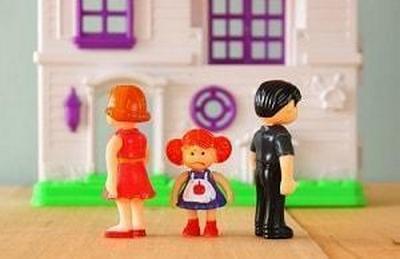What Does a Child Representative Do?
 In a recent post on this blog, we talked about the role of a guardian ad litem (GAL) and how a GAL is used to help courts make child-related decisions in difficult cases. While many Illinois judges will utilize this option, other are more inclined to appoint a child representative in such cases. A child representative is similar in many ways to a guardian ad litem, but there are a few important differences between the two.
In a recent post on this blog, we talked about the role of a guardian ad litem (GAL) and how a GAL is used to help courts make child-related decisions in difficult cases. While many Illinois judges will utilize this option, other are more inclined to appoint a child representative in such cases. A child representative is similar in many ways to a guardian ad litem, but there are a few important differences between the two.
Similarities of a GAL and Child Representative
Like a guardian ad litem, a child representative must be an attorney who has undergone specified training and approved by the county court system to be appointed when needed. Both the GAL and the child representative are given investigative powers to research the circumstances of the case. They are permitted to conduct interviews with the child, both parents, and any other people who may contribute to the case. In addition, both the GAL and child representative may visit the home of each parent and observe the interaction between the parents and the child. Their investigations may also include a review of financial documents, court transcripts, and other items that may impact the court’s decision.
Upon completion of the investigation, both the guardian ad litem and the child representative are expected to prepare a recommendation as to the best possible outcome for the case, at least as far as the child is concerned. That, however, is where the similarities end.
Important Differences
A guardian ad litem essentially serves as an investigative extension of the court and an expert witness. He or she presents his or her recommendation to the court as verbal or written testimony, subject to cross-examination by any party to the case. A child representative, by comparison, may only offer his or her opinion in the form of evidence-based legal arguments. The recommended outcome, therefore, becomes almost like an additional party in the matter. The child representative is also expected to participate in pre-trial hearings and conferences to help facilitate a settlement if possible.
The other primary difference between a guardian ad litem and a child representative is that the child representative must take the child’s wishes into account when putting together his or her recommendation. The child representative is not bound by the child’s wishes, but according to Illinois law, the opinion of the child must be considered.
Get the Help You Need
If you are involved in a contentious child-related legal matter and have questions about the law regarding a guardian ad litem or child representative, contact an experienced DuPage County family law attorney. Call Pesce Law Group, P.C. at 630-352-2240 for a free consultation today.
Source:
http://www.ilga.gov/legislation/ilcs/ilcs5.asp?ActID=2086&ChapterID=0











 630-352-2240
630-352-2240



